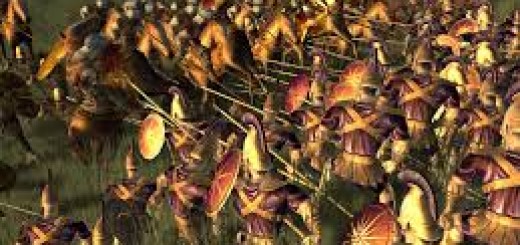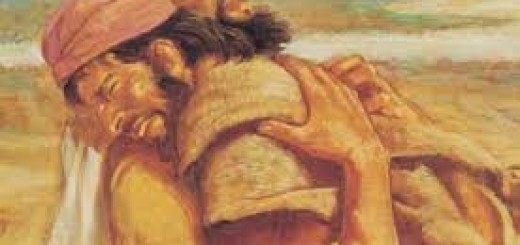By Shalom Olensky
This week in the Torah:
“And you shall command the Children of Israel to bring you pure crushed-olive oil, for the luminary [the Menorah], raising a constant lamp.”
Later, the verse says that the Menorah should be lit “From evening till morning.”
This is followed by the Commandments regarding the priestly (Kohain’s) garments and the consecration of the Sanctuary and of the Kohanim themselves.
Lastly, is the Commandment regarding the making of the Inner Altar allotted for Incense offerings (Ketoress).
Questions:
- Why does the Torah not mention Moses by name here?
- Why first refer to the Menorah as a “constant lamp” and then say it should be lit “from evening till morning”?
- Why is the Inner Altar discussed here, at the end of the instructions regarding the Priesthood and their garments, instead of last week, amongst all the other instructions regarding the vessels to be used in the Sanctuary?
The Sages:
Moses’ name is, unusually, not mentioned here, to fulfill his words when defending the Jews who sinned with the Golden Calf, saying that if G-d does not forgive them, then “Let me be stricken from Your Book which You wrote.” Although G-d did forgive all the Jews, nevertheless, those words of Moses, although only meant to be tentative, were fulfilled – partially – by his name being omitted from this week’s portion.
Question:
From the context of the Torah’s words here, it is still obvious that Moses is actually being mentioned. Just not by name. How then is this a fulfillment of “Let me be stricken from Your Book”?
Explanation:
The verse refers to Moses by saying to him, “you.” That is a non-descriptive reference. It is a reference, rather, to Moses’ essence which is, as is the nature of the true essence of a person, indefinable. Furthermore, although the word “you” connotes the essence, by that very fact it is not the essence itself, which is totally beyond connotation. Nevertheless, being that the essence is not limited by anything, including its obscurity, therefore it allows itself to be connoted by the non-descriptive word “you.”
This, then, is how the righteous Moses is “stricken from Your Book” – in a positive sense – by using a term that, based on the above, is a connotation for Moses’ limitless essence.
Hence:
The meaning of the seemingly contradictory statements that follow: the Menorah as “constantly” lit, and the Menorah as lit from evening till morning. Based on the above, this indicates the ability of man’s essence to draw from its Infinite source, a constant and eternal “Menorah,” into a world of conflicting changes between evening (spiritual darkness) and morning (spiritual light).
And Hence:
The Incense (Ketoress) Altar is mentioned purposely at the end of the Commandments regarding Service in the Sanctuary. For, the word Ketoress possesses a root defined as “Kesher” – bond, i.e., the capability of the essence of man to tie and unify everything with the Creator.
Lesson:
Everyone has this limitless essence. It simply needs to be activated, so as to light up the world. Similar to olive oil for the Menorah, which was produced from olives which were crushed, the means to activating one’s essence is humility. By diminishing one’s ego, an obstruction to G-dly light, one allows the Divine essence of the soul to shine.
(Based on Sefer HaSichos—5751, Tetzaveh)






















